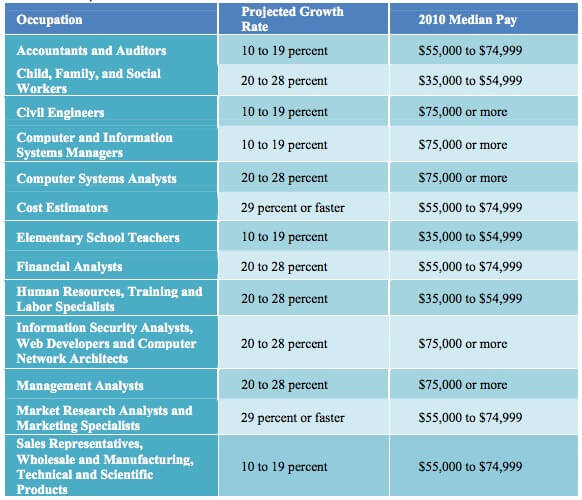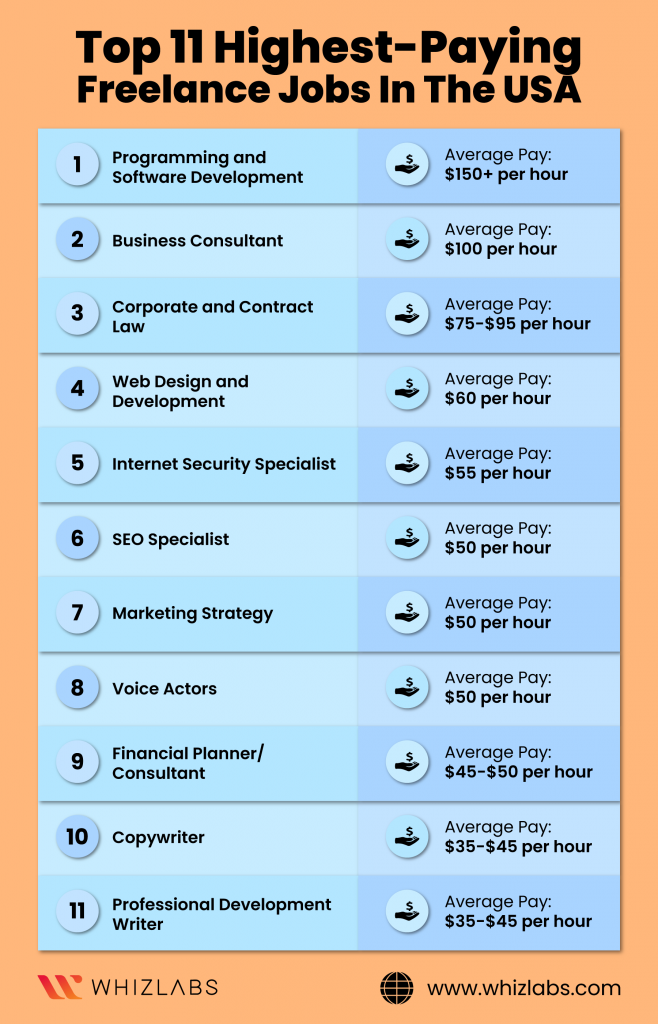Education Sector Careers with High Demand: Navigating a Growing Industry
The education sector is one of the most vital pillars of society, and its importance continues to grow as technology and new learning models evolve. With an increasing emphasis on accessible education, online learning, and skill development, there is a rising demand for qualified professionals across a range of education-related careers. Whether you’re passionate about teaching, administration, or educational technology, the opportunities are expanding, offering fulfilling and long-term career paths. This article will explore some of the high-demand careers in the education sector, helping you identify where to focus your efforts for a successful and impactful career.
K-12 Teachers: Shaping the Future of Young Minds
K-12 teaching positions remain some of the most in-demand careers in education. With a growing student population and a continuous need for diverse educational methods, there’s an increasing demand for teachers in various subjects, including STEM (Science, Technology, Engineering, and Mathematics), special education, and language arts. Teachers are needed across all grade levels, from elementary school to high school, and in both public and private schools. The rise of remote and hybrid learning models has also created new teaching opportunities, especially for educators with expertise in digital tools and online course delivery. For those passionate about making a difference in students’ lives, K-12 teaching offers not only job security but also immense personal fulfillment.
Special Education Professionals: Meeting the Needs of All Learners
Special education teachers are critical in ensuring that all students, regardless of their learning abilities or challenges, receive a quality education. As awareness of learning disabilities and special needs continues to grow, the demand for skilled special education professionals is on the rise. Special education teachers develop individualized education programs (IEPs), work with students one-on-one or in small groups, and collaborate with parents and other educators to provide the best possible learning environment. This career path requires a deep understanding of different learning challenges, patience, and the ability to adapt teaching strategies. With an increasing focus on inclusive education, special education is a high-demand career offering long-term growth and impact.
Educational Administrators: Leading Schools and Institutions
Educational administrators, including principals, school district leaders, and deans, play a key role in shaping educational policies, managing operations, and ensuring the effective delivery of educational services. As schools grow and educational demands evolve, the need for skilled administrators continues to increase. These professionals oversee the day-to-day operations of schools, from managing staff to creating budgets and enforcing policies. In addition to strong leadership and management skills, educational administrators must be adept at problem-solving, decision-making, and fostering a positive school culture. The growth of charter schools, private institutions, and online education platforms also adds to the demand for administrators who can lead diverse educational environments.
Instructional Coordinators: Enhancing Teaching Methods and Curriculum
Instructional coordinators are responsible for developing and implementing educational programs and curricula that improve teaching effectiveness. These professionals evaluate the performance of teachers, provide training and resources, and ensure that the curriculum aligns with educational standards and best practices. With the increasing reliance on data-driven approaches in education, instructional coordinators must also be adept at using student performance data to enhance teaching methods and outcomes. The growth of online education and personalized learning platforms has created new opportunities in this field, making instructional coordinators highly sought after in both traditional and digital education settings.
Education Technology Specialists: Innovating Learning Through Technology
As the education system increasingly integrates technology into classrooms and remote learning environments, education technology specialists are in high demand. These professionals manage and implement digital tools, platforms, and learning management systems (LMS) to enhance teaching and learning experiences. They support teachers in integrating technology into their lesson plans and provide training on how to use educational software effectively. With the rise of e-learning, virtual classrooms, and AI-powered tools, the role of education technology specialists is becoming more prominent. Those with expertise in both education and technology can expect to find abundant career opportunities, particularly in schools, universities, and edtech companies.
FAQs
Q1: What qualifications are needed for a career in education?
For most education careers, a bachelor’s degree in education or a related field is required. Teachers often need additional certifications or licenses, depending on the state or country. Advanced degrees, such as a master’s in education or educational leadership, may be necessary for administrative or specialized roles.
Q2: Are teaching jobs still in high demand?
Yes, teaching jobs, particularly in subjects like STEM and special education, continue to be in high demand. The growth of digital learning platforms and the increasing number of students contribute to the ongoing need for qualified educators.
Q3: How can I transition into a career in education?
If you’re interested in transitioning into education, you can start by earning a teaching certification or degree. Many programs offer flexible paths for those with experience in other fields. Volunteering or substitute teaching can also provide valuable hands-on experience.
Q4: What is the job outlook for education administrators?
The job outlook for education administrators is positive, with a steady demand for school principals, district leaders, and deans. The increasing complexity of educational needs, including the integration of technology and the management of diverse student populations, drives the demand for skilled administrators.
Q5: How can technology influence careers in education?
Technology is playing an increasing role in education, with growing opportunities for careers in educational technology, e-learning development, and digital curriculum design. As more schools adopt tech-driven teaching methods, the need for specialists in these areas continues to rise.


